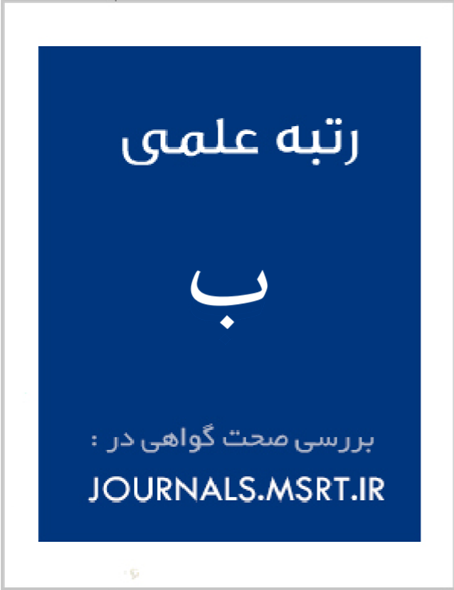شناسایی ابعاد تعامل بین تقوای شخصی و مسئولیت اجتماعی در آموزههای فقهی
کلمات کلیدی:
تقوا, مسئولیت اجتماعی, فقه اسلامی, اخلاق اجتماعی, تحلیل مضمونچکیده
هدف این پژوهش شناسایی و تبیین ابعاد تعامل میان تقوای شخصی و مسئولیت اجتماعی در آموزههای فقهی اسلامی است. این مطالعه به روش کیفی و با بهرهگیری از تحلیل مضمون انجام شد. دادهها از طریق مصاحبههای نیمهساختاریافته با ۲۱ نفر از اساتید، پژوهشگران و طلاب متخصص در حوزه فقه و اخلاق اسلامی در شهر تهران گردآوری شد. نمونهگیری به صورت هدفمند تا اشباع نظری ادامه یافت. دادههای گردآوریشده با استفاده از نرمافزار NVivo و از طریق مراحل کدگذاری باز، محوری و انتخابی تحلیل گردید. یافتهها سه مقوله اصلی را آشکار ساخت: (۱) تقوای شخصی بهمثابه بنیان اخلاق اجتماعی، شامل مؤلفههایی چون مراقبت از نفس، نیتمندی الهی و محاسبه نفس؛ (۲) تجلی اجتماعی تقوا در رفتار جمعی، مانند خیرخواهی اجتماعی، رعایت حقوق مردم و مشارکت در اصلاح اجتماعی؛ و (۳) فقه بهعنوان چارچوب تنظیمکننده تعامل تقوا و مسئولیت، شامل فقهالمعاملات، فقهالنظام اجتماعی و اجتهاد زمانمند. نتایج حاکی از آن است که تقوا و مسئولیت اجتماعی در آموزههای فقهی رابطهای دوسویه، تعاملی و همافزا دارند و تحقق اخلاق اجتماعی بدون تقوای فردی ممکن نیست. بر اساس نتایج، بازتعریف و آموزش تقوا بهمثابه مفهومی فعال و اجتماعی در کنار تأکید بر اصلاح رویکردهای فقهی، میتواند به ارتقاء اخلاق جمعی و افزایش مسئولیتپذیری اجتماعی در جامعه اسلامی بینجامد.



